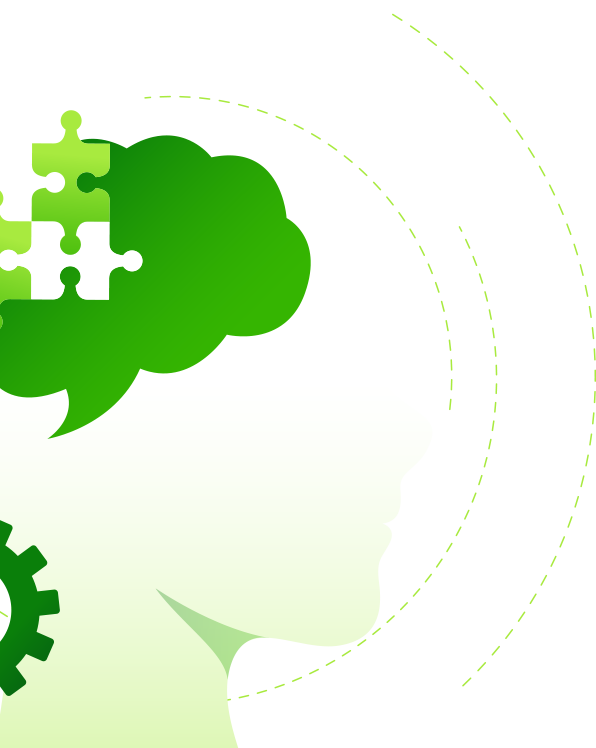Problem solving and conflict resolution
Control Self Esteem
3.9KB
3.9KB
3.9KB

Our program includes skills training, team building, meal preparation, and recreational therapy, which enhance daily living skills and foster self-esteem and community connections.
Teens and young adults can be referred from any level of care, including crisis, partial hospitalization, and outpatient services.
We provide a range of services, including assessment, group therapy, skills training, medication management, and family therapy.
Our multidisciplinary team consists of board-certified psychiatrists and licensed psychologists who excel in complex assessments and diagnoses.
Every adolescent entering our program undergoes an initial assessment conducted by a psychiatrist and a clinical social worker. This evaluation considers the biological, psychological, and social strengths and challenges of each individual.
For teens and young adults who exhibit self-destructive behaviors, such as self-injury and suicidal thoughts, we utilize dialectical behavior therapy and cognitive behavior therapy.
These treatment models help patients connect their thoughts and actions, fostering the development of coping skills to manage overwhelming emotions, interpersonal conflicts, and self-destructive urges.
The treatment program includes a variety of components, such as case management, classroom-based skills training, individual and family meetings, expressive music and art therapies, skills coaching, group therapy, milieu therapy, recreational therapy, and medication evaluation and management.
Our treatment approach addresses the full spectrum of psychiatric issues, including mood and thought disorders, family and school-related difficulties, and substance abuse.
While patients may require intense verbal support during their stay, they are expected to maintain self-control without the need for physical intervention.

Build a strong, happy, healthy and
loving relationship.
When we think of therapy, the image of talk therapy often comes to mind. This is a fairly accurate representation, as therapy typically involves meaningful conversations between a professional and a client.
These discussions aim to address mental health challenges and pave the way toward recovery and wellness. While there are various approaches to mental health therapy, they all share common benefits:
Problem solving and conflict resolution
Decreased problems with daily living
Increased sense of joy and contentment
Rebuild your respect and trust
Improved functioning at work, often leading to financial stability
Increased quality of life and overall life satisfaction

Let’s open your heart story to us, We’ll listen to you

1 The Enterprise, 61 Ditton Walk Cambridge, CB5 8QD
© All Copyright 2024 by DESIGNISALIVE.CO.UK